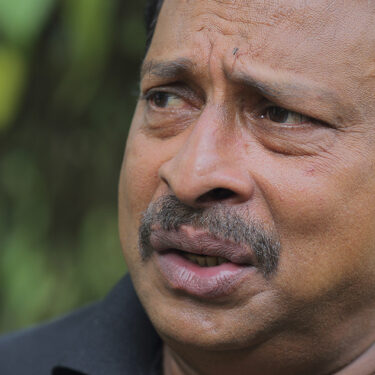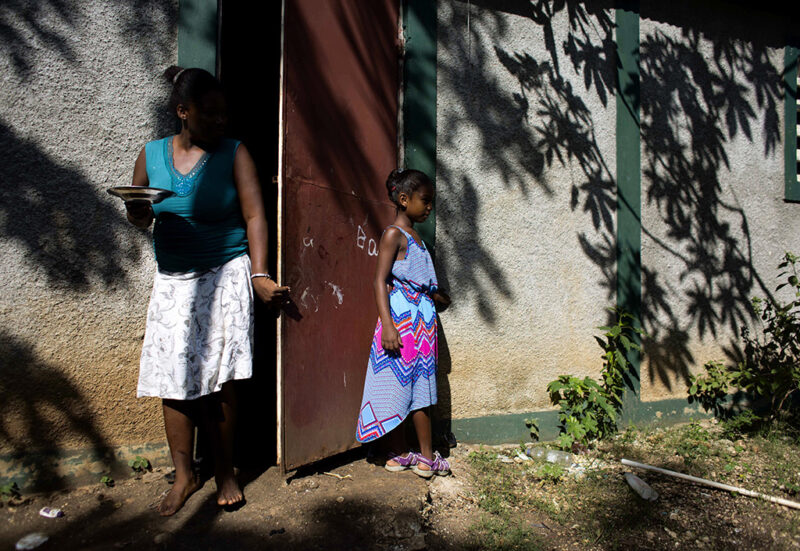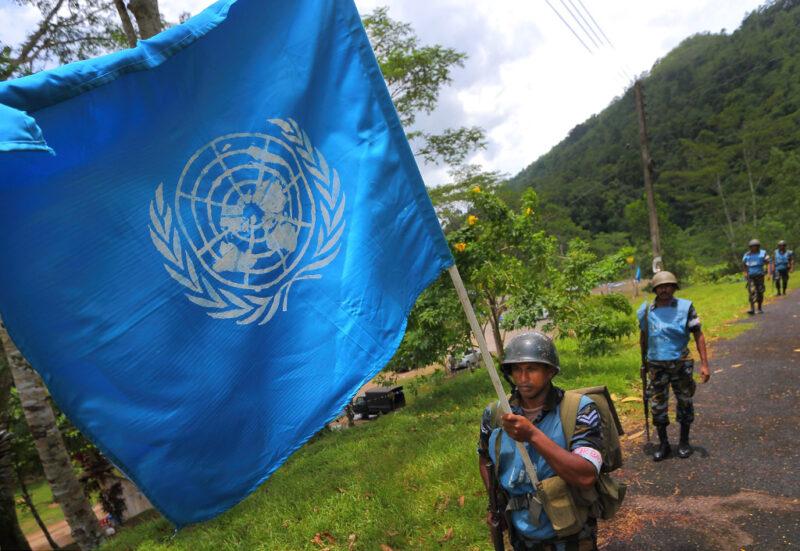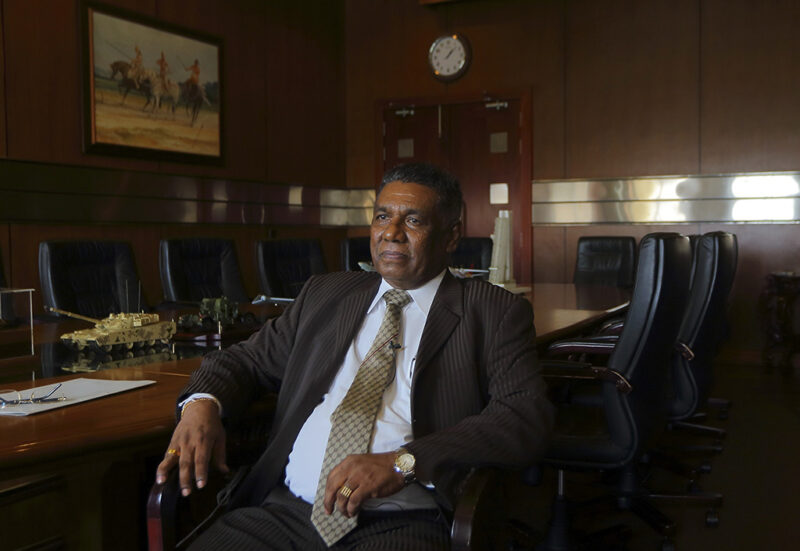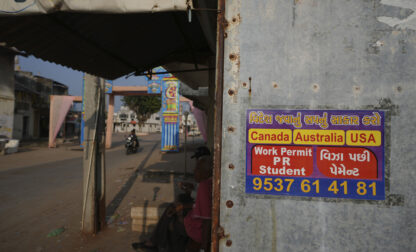When The Associated Press last year started to look into the issue of sexual abuse by U.N. peacekeepers, one finding was a leaked investigative report detailing how a group of 134 Sri Lankan peacekeepers preyed upon young Haitian children in a sex ring that lasted for three years. Beyond that was another startling find: The U.N. accepted a Sri Lankan general who was accused of being a war criminal to lead the investigation of another rape in the Caribbean country.
AP’s Katy Daigle traveled to Sri Lanka to score a rare, extended interview with Maj. Gen. Jagath Dias and question him about his role – and to press government and military officials on how they’d followed up on the allegations. In London, meanwhile, investigative reporter Paisley Dodds was tipped by sources to a State Department memo on the WikiLeaks site in which a former U.S. ambassador to Sri Lanka raised concerns that that country’s military and government were complicit in war crimes during the 26-year civil war.
Their disclosures earn the Beat of the Week.
In its investigation last year of problems among U.N. peacekeepers, the AP decided to compile data going back many years. It discovered 2,000 allegations of sexual abuse or exploitation over a decade. The worst case was in Haiti, where the AP was leaked a horror-filled report on the child sex ring.
When AP prepared to interview Dias, it was mindful of safety issues, given reports and rumors of attacks on those perceived to be enemies of the military. The Sri Lankan army is beloved and widely revered among Sri Lanka’s majority Sinhalese population.
Daigle, based in New Delhi, fixed a time for meeting the general, but didn’t learn the location until the last minute. It turned out to the home of Dias’ mother, a spacious bungalow in Colombo where the general kept a small office with a couple of workers for his private security business.
Dias freely spoke about Sri Lanka’s U.N. peacekeeping role and his 2013 investigation, though he was vague on many details. He praised his peacekeepers’ records and downplayed accusations they were responsible for war crimes during the country’s civil war.
When asked about war crimes allegations against him personally, he warned AP not to tread into areas he hadn’t agreed to speak about. Still, Daigle pressed gently, explaining the allegations were relevant, and he offered a short response, denying the allegations and explaining how he and his troops cared for Tamils with charitable works.
An @AP investigation reveals how a child sex ring involving UN peacekeepers from Sri Lanka was whitewashed. https://t.co/AOdR2As75q pic.twitter.com/I54wxoUMYb
— The Associated Press (@AP) May 26, 2017
In London,Dodds followed up on the State Department memo,contacting the former ambassador,who reiterated those concerns and expressed worry that some of the same men could now be serving as U.N. peacekeepers. The reporters contacted several non-governmental organizations that detailed the extent of war crimes allegations against Dias; they also noted that a Sri Lankan officer who had been accused of rape in his own country was promoted to a prestigious U.N. peacekeeping post later, underscoring a weakness in the U.N.’s vetting system and illustrating a culture of impunity.
As Sri Lanka dismissed alleged civil war atrocities, its U.N. peacekeepers skirted charges for alleged sexual abuse. https://t.co/LR1FSGN1tu pic.twitter.com/jZVsfDkgcB
— The Associated Press (@AP) May 26, 2017
Their story highlighted the lack of accountability and transparency that is dogging the U.N. and making it difficult to stop what has become a crisis threatening the future of the peacekeeping program, as big contributors threaten to pull out if the U.N. doesn’t stop the abuse.
The AP story made it into the U.N.’s daily briefing in New York.
The story received wide play in newspapers,was tweeted repeatedly and scored strong engagement on Chartbeat. It even made it into the U.N.’s daily briefing in New York,during which it was announced that Sri Lankan peacekeepers would be subjected to more screening for future deployments but that it was powerless to stop Dias from investigating the alleged rape.
For their news-breaking story that revealed another chapter in this peacekeeping scandal, Daigle and Dodds share this week’s $500 prize.

